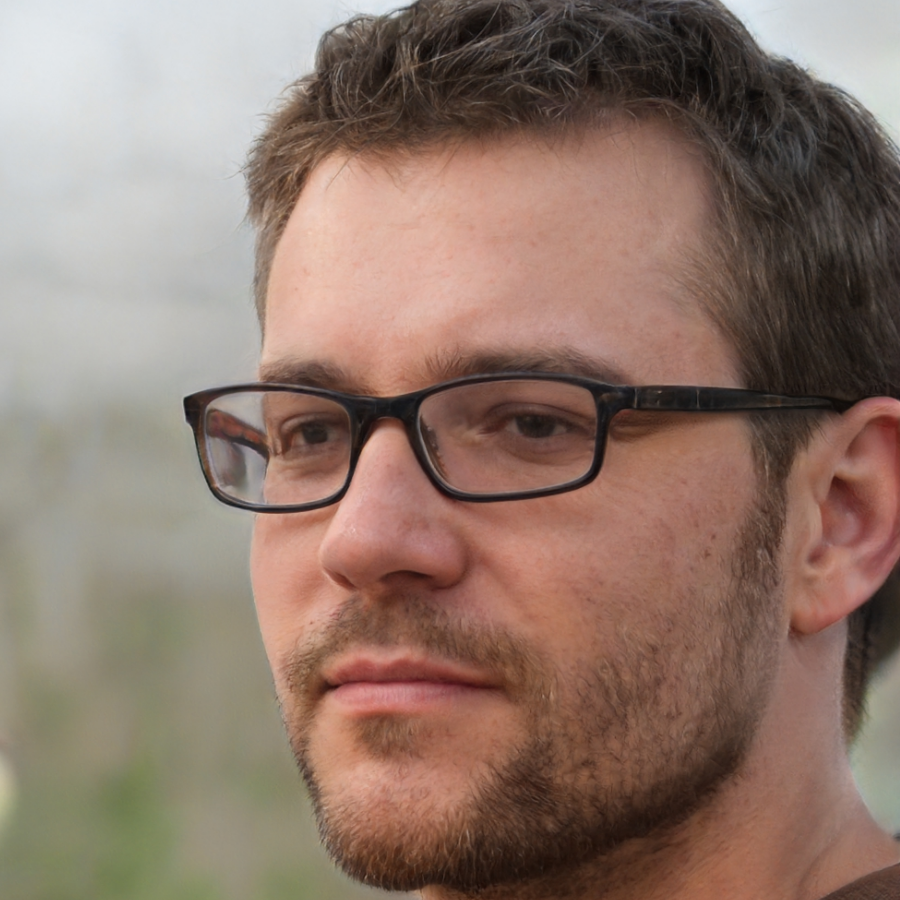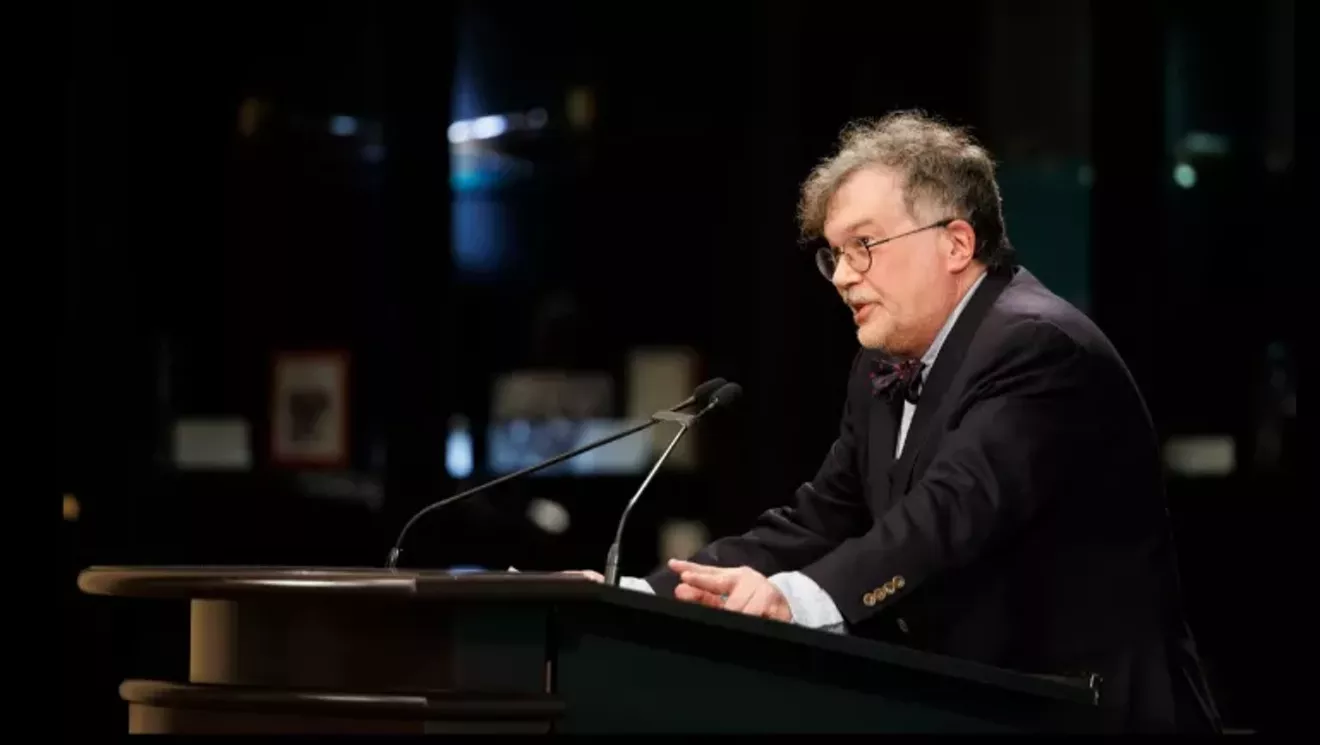Cuts to Vaccine Research Funding Could Have Deadly Effects, Hotez Says

Global immunization expert Dr. Peter Hotez says the federal government’s recent decision to slash $500 million in research funding for mRNA vaccines is dangerous, and potentially deadly, for Americans.
U.S. Health and Human Services Secretary Robert F. Kennedy announced the cuts earlier this month, claiming that mRNA technology is unsafe and ineffective. The decision comes on the heels of a $700 million cut for Moderna flu vaccines.
“He’s pulling out all government funding for mRNA technology when it represents one of our best hopes for pandemic preparedness,” Hotez said. “When you have a brand new emerging viral pathogen, the mRNA technology has the advantage of being the first out of the starting gate in terms of immunizing a population that hasn’t seen that pathogen before.”
And it’s absolutely proven to be highly effective, the doctor added, noting that mRNA vaccines potentially saved 3.2 million lives during the height of the COVID-19 pandemic.
RFK’s decision to cut funding “has deadly impacts,” Hotez said. “It takes off the table our most promising technology for new pandemic threats.”
Hotez, who serves as co-director of the Texas Children’s Hospital Center for Vaccine Development and dean of the National School of Tropical Medicine at Baylor College of Medicine, developed a patent-free COVID-19 vaccine with Dr. Maria Elena Bottazzi, and the two were nominated for a Nobel Peace Prize in 2022 as a result.
The vaccine they developed, a recombinant protein-based product that does not use mRNA technology, is only available in India and Indonesia because that’s where it was licensed, he said. “There was never a path offered to us to get it licensed in the U.S. through the [Food and Drug Administration],” he said. “They were very much affixed to the pharma companies.”
Hotez is now researching mRNA technology for a cancer vaccine but there’s limited access to funding, so he’s hoping some private-sector and biotech companies will step up.
“There are certain things that you need the government for,” he said. “The government had an important role for mRNA technology and now, by pulling out, it means that the U.S. won’t be in the lead on this. We’ll have to pick up the pieces through private sector funding, which will never be quite as good.”
It’s also a step backward for the federal government to withdraw its support and confidence in medical professionals, he added.
“The Department of HHS under Kennedy seems sort of impervious to criticism from the scientific community,” Hotez said. “The American Academy of Pediatrics recently criticized him for his position on childhood immunizations and COVID, but it doesn’t seem to matter. He seems to be moving forward without any White House or congressional oversight and just does whatever he wishes.”
Kennedy said data showed mRNA vaccines, developed during the first Trump administration, “fail to protect effectively against upper respiratory infections like COVID and flu”, and that the funding would be shifted what he maintains are “safer, broader vaccine platforms that remain effective even as viruses mutate.”
The HHS secretary is instead shifting the funding to older technology developed in China that “has a lot of problems” and did not work well during the COVID pandemic, Hotez said. “This is not the technology you want to use for virus respiratory pathogens unless there’s no other alternative,” he said.
“They did not stand up to the variants well, and if you remember, back in 1976 with swine flu they used that technology and it caused a high rate of [autoimmune disease] Guillain-Barré Syndrome,” he said.
Hotez claims that RFK is pulling the funding, not for scientific reasons but for ideological reasons. “He’s very much tied to the wellness and influencer industry which pushes a false narrative that says the mRNA vaccine technology is not safe, it doesn’t work and it doesn’t protect against respiratory infections, and none of those things are true,” Hotez said. “IIt increases the vulnerability of the U.S. population and it weakens our pandemic preparedness.”
The doctor said it’s been a battle to combat misinformation in RFK’s “Make America Healthy Again” campaign. The HHS secretary has focused on publicizing the dangers of processed foods and eliminating junk food from welfare benefits while pushing a destructive anti-vax narrative, Hotez said.
The federal government’s apathetic stance on childhood vaccines probably contributed to a deadly measles outbreak that began in a West Texas Mennonite community in January, Hotez said. State health officials announced recently that the measles epidemic appears to have come to an end following 762 reported cases, more than 100 hospitalizations, and two deaths.
Hotez said the Department of State Health Services reported that the measles epidemic is over because it’s gone through two complete 21-day incubation periods with no reported cases.
“If there were going to be new cases from this current epidemic, we would have seen it by now,” he said. “That’s a reasonable assumption. But take stock of what’s happened. This was an eight-month epidemic, a pretty devastating epidemic. The worry is that this won’t be the last one.” Measles is highly transmissible, and in the pre-vaccine era, it peaked in late winter/early spring, Hotez said.
“So we’re going to have to hold our breath again as kids are going back to school in the fall,” he said. “Don’t be surprised if we see another major measles epidemic. It’s not just measles. Others are likely to follow. Nationally, we’ve seen big increases in whooping cough and pertussis. I’m looking out for that, and I’m worried about polio.”
“We’ve entered a new era where the return of childhood catastrophic infections becomes more common,” he added.
The Texas Legislature passed a law earlier this year that makes it easier for parents to opt out of immunizations for their school-age children. About 100,000 Texas children already aren’t vaccinated, and there are many more who are homeschooled and not counted by county health departments.
People tend to gather data by looking at state immunization rates when it’s more useful to look at counties, said Hotez, who predicted in 2016 that there would be a West Texas measles epidemic. So how did Americans get to a point where people believe that vaccines are bad? The doctor said that’s a long story.
“What started out as false claims about autism became more of a political enterprise about a decade ago under this Libertarian concept of health freedom and medical freedom,” he said. “That’s when you started to see a rise in vaccine exemptions.”
“In the last few years, the most recent add-on is the wellness and influencer industry, which peddles supplements and low-cost generic anti-parasitic drugs that they can buy in bulk and jack up the price, and unfortunately they also use that as an opportunity to denigrate modern science. They’re particularly active in Texas.”

Reign Bowers is an outdoor enthusiast, adventure seeker, and storyteller passionate about exploring nature’s wonders. As the creator of SuperheroineLinks.com, Reign shares inspiring stories, practical tips, and expert insights to empower others—especially women—to embrace the great outdoors with confidence.




Post Comment